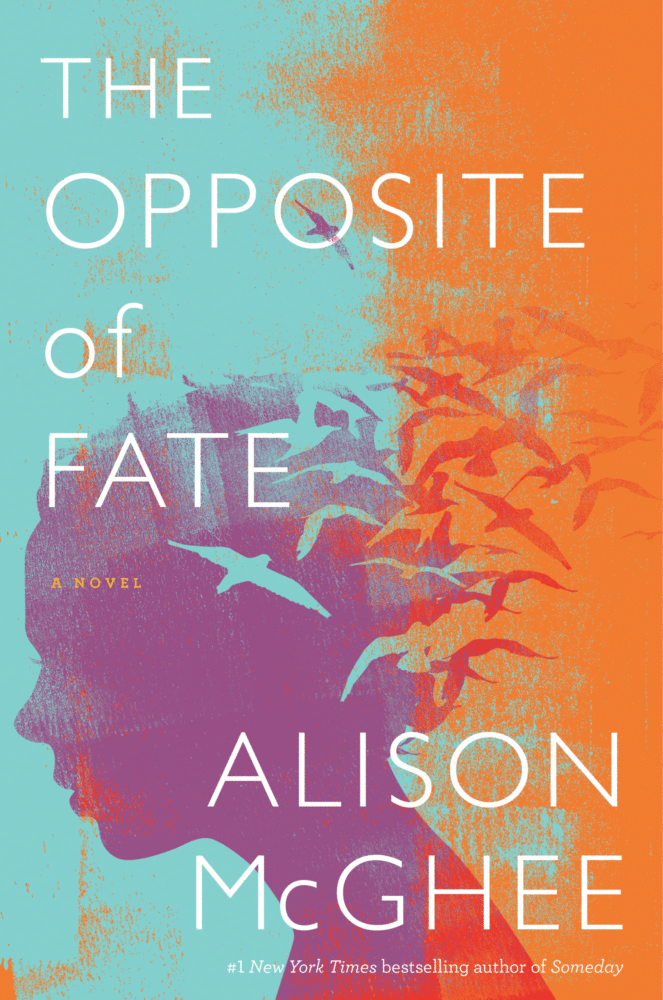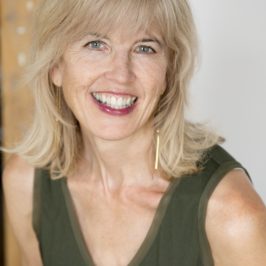There’s been more than enough yelling in my life, more than enough lecturing, more than enough ‘you should this’ and ‘you should that’. At this point, I never want to be yelled at again. But it’s hard to avoid yelling in the world, especially these days, when empathy with others is so often in short supply. Talking heads on television shout over each other. Talk radio lectures on and on. Endless sarcastic, snide threads fill Twitter feeds. Sometimes, life feels like a constant stream of I’m-right-you’re-wrong, with so many issues to be right and wrong about.
Take abortion, for example.
 Abortion is a complicated issue to me, but my views on it haven’t changed since I was a teenager and thought it through with care. My beliefs on abortion factor into my voting record, my friendships, my romantic relationships, and whether or not to join various committees or churches or clubs. I know exactly how I feel about abortion. And I also know exactly how others feel, because abortion has been a socially explosive topic for as long as I can remember. It’s not a topic I care to discuss, precisely because of the intensity of emotion that swirls around it.
Abortion is a complicated issue to me, but my views on it haven’t changed since I was a teenager and thought it through with care. My beliefs on abortion factor into my voting record, my friendships, my romantic relationships, and whether or not to join various committees or churches or clubs. I know exactly how I feel about abortion. And I also know exactly how others feel, because abortion has been a socially explosive topic for as long as I can remember. It’s not a topic I care to discuss, precisely because of the intensity of emotion that swirls around it.
Were I not a fiction writer, this is where the issue would end. But I am a fiction writer, and that makes everything infinitely more complicated. A few years ago, I had an idea for a new novel, about a girl named Mallie Williams who is assaulted one night and left with a brain infection that keeps her unconscious for sixteen months. What’s more, she becomes pregnant as a result of the rape.
Mallie’s estranged mother wants the pregnancy to proceed. Mallie’s boyfriend wants the pregnancy terminated. Mallie’s father figure, a neighbor who helped raise her, also wants the pregnancy terminated. The characters race against time, and lawyers and judges and advocates for the child all make their case for what they believe is right for Mallie and the unborn baby.
Would Mallie, if she were conscious, choose to abort the pregnancy or keep the baby?
Who should make this decision for her?
What should be done?
What would you do?
Real-life stories of people who fall into long states of unconsciousness have always haunted me, such as the case of Terri Schiavo, who was unconscious for fifteen years while her husband fought for the right to let her die. And the stories of women forced, by reasons of culture or law, to continue pregnancies against their will, such as the story of a teenage migrant girl in Texas who, in 2017, was nearly forbidden from having an abortion by a U.S. judge. I’ve wrestled forever with issues around female control over our own bodies, trying –and mostly failing—to understand the positions held by people I love and respect whose beliefs are polar opposite to mine.
But the great task of a fiction writer is to imagine our way into the lives and mindsets of others, no matter who they are. This act of radical empathy is so, so much easier said than done.
In a country so impassioned about abortion, pro and con, that doctors and nurses have been gunned down, clinics permanently closed, and families divided, the very idea of writing about abortion felt like a minefield. How could I possibly write about such an explosive topic without automatically shutting down readers whose beliefs differ from my own?
I decided to try doing the same thing I do when in the company of someone I love who disagrees with me on something: by working to understand. By quieting myself. By listening. To listen without speaking is a hard-won skill, and not one that I’m particularly good at, but being a fiction writer forces me to listen. I write toward a question mark instead of a period. I try to understand, at a gut level, what it is like to be someone else.
“How does that make you feel?”
“Can you remember the first time you felt this way?”
“Did something happen to you personally that influenced your belief?”
“What do you want others to know about you that they don’t yet know?”
These are the questions that work for me when writing fiction. I ask my imaginary people for answers, and I write down what they say. In this way, I learn why they believe what they believe. As I worked on my novel, I posed questions about abortion to real-life people with different beliefs and also to every character in the book, from those who know and love Mallie to others who never even meet her. The result of listening deeply to every answer, no matter what it is or how haltingly revealed, is understanding. Ideally, it also results in a setting aside of judgment in favor of empathy. Perhaps even acceptance, patience, and respect.
We can do this in life, too.
My beliefs about abortion have not changed since I wrote my novel, The Opposite of Fate, released in February 2020. But I have a much deeper understanding now of people whose beliefs are the opposite of mine. Life itself is more complicated and nuanced than we might want to believe. Figuring out a way forward for the people in this novel, facing an unimaginable and unwanted situation no one would ever choose, was a profound exercise in empathy. Writing fiction has a magical ability to teach me, over and over, that we still and always have the ability to put ourselves in another’s place while charting our own paths forward.
If you enjoyed this blog on empathy in fiction, you might also like Aaron Hamburger’s piece on memoir writing.

